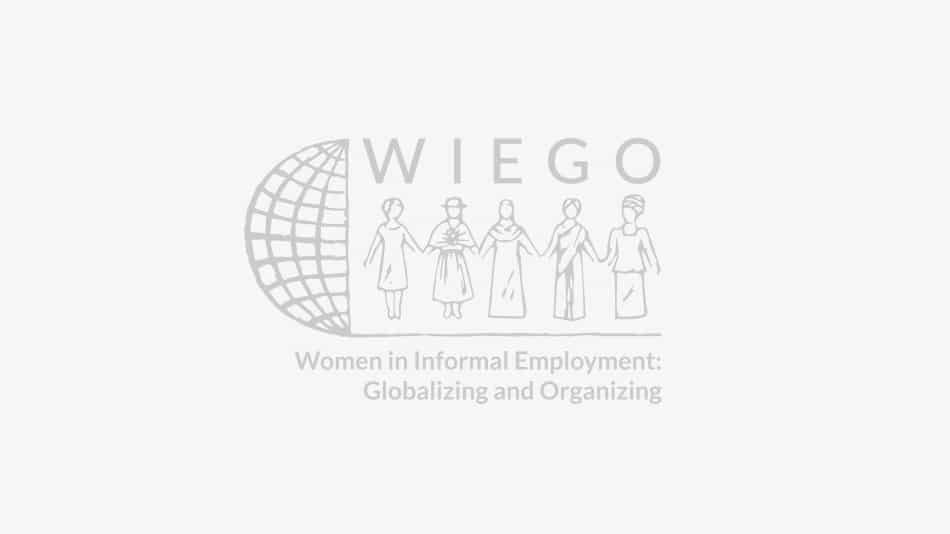Global Economic Crisis Study
In economic downturns and crises, many policy makers assume that the informal economy can cope with or adjust to the shocks. What kind of “cushion” does the informal economy offer during crises, and to whom? Answering these questions became a matter of urgency during the 2008-2009 global economic crisis.
Share